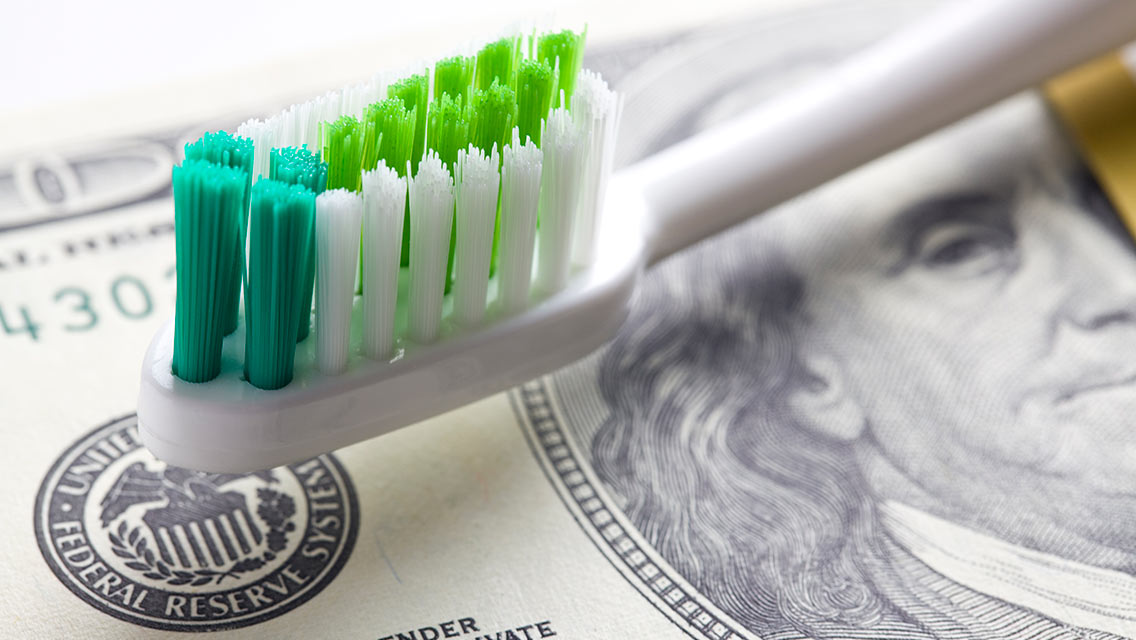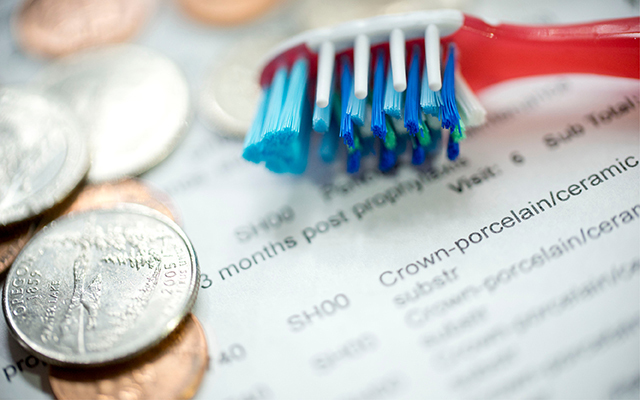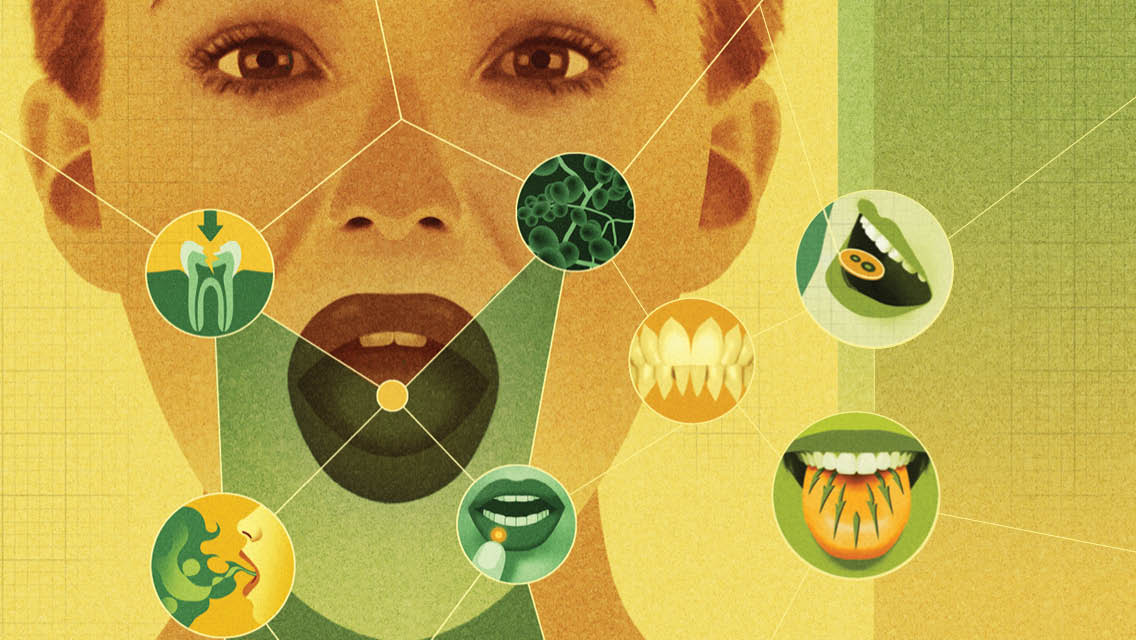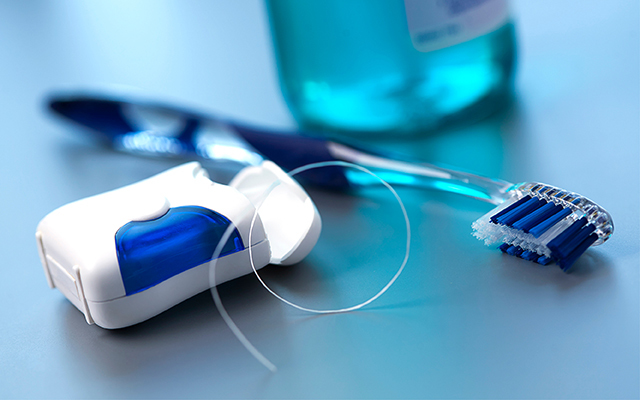I canceled a dental appointment the other day, despite the fact that the planned oral reconstruction promised to deliver some tangible benefits on the chewing front. Looking at the estimated costs, however, gave me pause. Combined with recent unexpected financial outlays and the looming holiday season, that trip to the dentist wasn’t really something I could afford.
It’s a common conundrum among the Medicare set, who routinely delay or ignore serious oral-health issues because the basic government program provides no coverage. I’m actually more fortunate than most: I’m gainfully employed, and my employer’s à la carte health plan includes dental insurance. But the copay is considerable — and my Medicare Advantage plan offers no meaningful assistance. And even if it did, my dentist doesn’t accept Medicare payments.
This is a major public-health issue, according to a couple of experts from the Harvard School of Dental Medicine. Writing in the New England Journal of Medicine, Lisa Simon, MD, DMD, and William Giannobile, DDS, note that as long as dentistry insists on operating under a payment model that includes higher out-of-pocket costs than other healthcare services, seniors — especially those on a fixed income — will be unable to access regular dental care. “Low-income older adults,” they note, “are more than three times as likely to have lost all their natural teeth as older adults with incomes at or above 200 percent of the federal poverty level.”
And dental issues left untreated can often lead to an increased risk of cardiovascular disease, more severe diabetes symptoms, depression, and even brain abscesses. In that sense, the unwillingness of most dental practices to participate in financial-assistance programs that would increase access for older adults simply pushes the problem onto the larger healthcare industry.
“The medical system already assumes the burdens associated with unmet dental need,” Simon and Giannobile explain. “Each year, millions of patients, including many older adults, present to emergency departments, hospitals, and primary-care offices for the palliation of dental pain — visits that generally conclude with a directive to visit a dentist, which many patients are unable to do.”
Most of these serious diseases could be prevented, they add, simply by making it affordable for seniors to access regular dental care.
That’s the idea behind the Biden administration’s push to add dental coverage to the basic Medicare program, a proposal the American Dental Association is doing its best to torpedo. The trade organization has declared it will support the plan only if it were established as a separate program, like the Part D prescription-drug plan, and is “means-tested” to restrict coverage to very-low-income people.
But as Simon and Giannobile point out, such a restriction “would make it financially straightforward for most dentists to refuse to accept Medicare.” Currently, only about four in 10 dentists provide services to low-income patients through Medicaid or the Children’s Health Insurance Program (CHIP). That’s partly because the federal reimbursement rates are much lower than what private insurance pays and partly because, as the authors note, “most practice models focus on reconstructive care rather than on preventive measures to maintain dental health.”
For all the recent research on the connection between oral health and chronic disease, it’s cosmetic dentistry that pays the bills. And that business model perpetuates dentistry’s historical separation from the larger healthcare field. Establishing a means-tested Medicare dental program, when no other Medicare benefits are determined by income, would further that separation, they explain, “thereby precluding any innovation that could be achieved in the course of integrating medical and dental care.”
Lawmakers do not tend to mess with Medicare; the last major change was approved nearly 20 years ago. So, I’ll be surprised if anything comes of this legislative wrangling. And even if it should pass, Simon and Giannobile admit that seniors like me wouldn’t see any benefits for a while. Policymakers would need to create systems, fee schedules, enrollment protocols, coverage policies — an entire Medicare dental infrastructure. None of this would be easy, and it remains to be seen how it would affect access on a national level.
Still, they hold out hope that it could make a difference, under certain conditions. “A Medicare dental benefit could transform dental care delivery to be more equitable, outcomes-driven, and integrated with the rest of the healthcare system,” the authors conclude. “But only if dentists are compelled to take part.”
That caveat is a bit concerning. I’m looking forward to visiting my dentist again at some point. She’s always listened to my concerns and never pushed me out of my comfort zone. But I can’t help but wonder how a less compassionate practitioner might respond to a patient whose treatment they’ve been forced by government edict to provide. To my way of thinking, there are two people you should always avoid when they’re upset: your barber and your dentist.





This Post Has 0 Comments